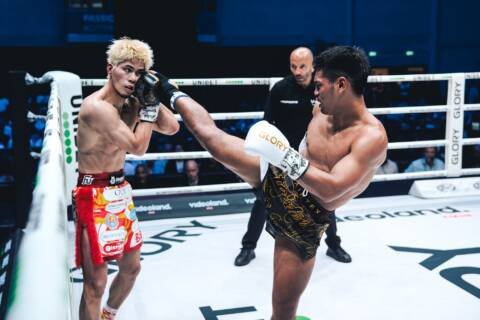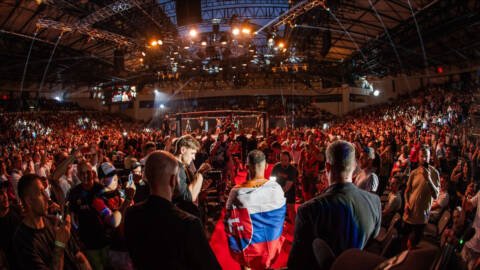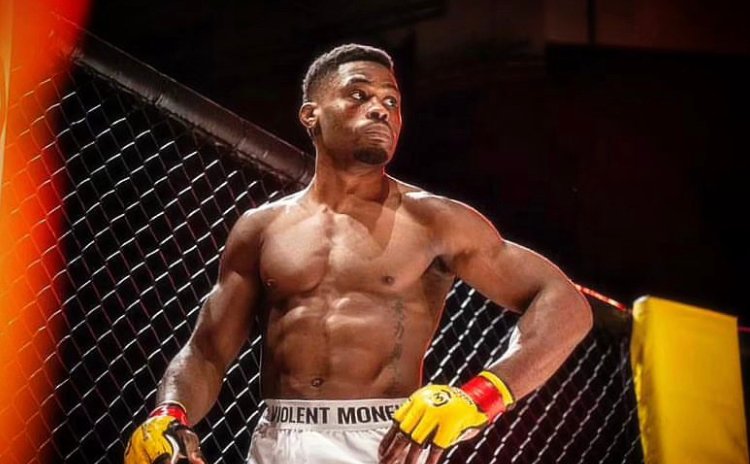Fighting on a professional or amateur level is something that many athletes nowadays dream of doing, but why? To the naked eye, all the tiresome training, disciplined dieting, and gut-wrenching weight cuts—all for a potential life-threatening injury—seem… well, like a stupid idea. For some reason, though, the growth of people participating in competitive martial arts has skyrocketed recently.

So what’s drawn a new wave of eyes to the sport? Well, as someone who’s a new MMA fan and has competed once before, whether it’s you or someone else, there’s nothing more beautiful than witnessing human excellence in Muay Thai or Brazilian Jiu-Jitsu, forged from hard work, dedication, sacrifice, and humility. The highs are so high, but the lows aren’t pretty.
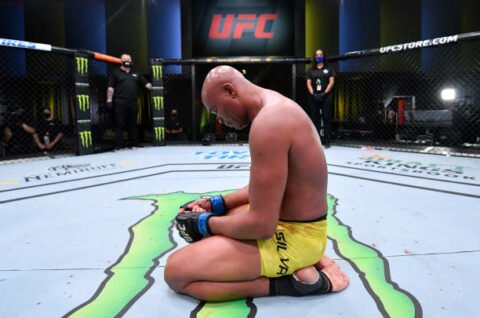
There are two sides to every coin, though. You can’t soar through the skies of success without sacrificing something. Ever since I started my martial arts journey, I’ve had some great moments that still amaze me, but there are days where I feel like no progress is being made, and I’m fighting a losing battle. That’s what I want to cover today. Here are the three mental struggles I believe many martial artists have or will face in their pursuit of greatness and how you can overcome them.

The “Never Enough” Trap.
Knowing you still have a lot to learn in martial arts is a good indicator you’re a practitioner who’s humble and always looking to improve. Although having a modest attitude is commendable, sometimes it has to be put in check. “The Diamond” Dustin Poirier explains this very clearly in the quote “I don’t compare myself to other fighters. We’re all unique, with different strengths, weaknesses, and journeys. Comparisons only distract from my own path and growth.” I’ve come across many people who believe their progress isn’t good enough, especially when they’ve been doing it for a while. I’ve fallen prey to this myself.

I remember struggling with a move while I was in a BJJ class, but my coach said something to me that stuck: “Everyone’s Jiu-Jitsu journey is different. Sometimes you’ll forget how far you’ve come because you’re too busy looking at everyone else.” When he said this to me, it made me think of my first lesson and what I was learning now. I’d never be able to pull off this technique—the progress I’d made was immense.

It’s a lot easier to see other people’s progress, but we usually forget how many leaps and bounds we’ve overcome in combat sports. The saying “Slow progress is better than no progress” is very true and is a statement we should remember when we don’t feel like we’re improving at the rate we want to be.
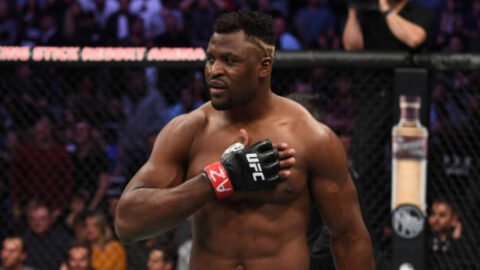
Let Go of Comparisons.
There’s always someone we train with who’s just on point. Their striking is sublime, using great head movement, tagging you with combos from all angles. Or maybe grappling is their specialty, tapping you out with submissions you’ve never seen before. As you train more and more with this person, you begin to compare yourself to them, mirroring your progression with theirs. The truth is they’re probably comparing themselves to someone else as well.

Rener Gracie, grandson of the Brazilian Jiu-Jitsu legend and originator of modern-day BJJ Hélio Gracie, said “I never compared myself to Ryron because my brother and I are as different as night and day. I realized early on that comparing myself to him would only lead to disappointment and confusion.”

Martial arts isn’t like other sports. You aren’t on a team; you’re alone. Once that fight begins, all the coaches, sparring partners, and other supporters wish you luck, then exit the ring—they aren’t in there with you. As you train, you’ll look around to see where you stack up against your peers, which is normal every now and then. But, as Rener said, comparing your skill set to someone else’s is a losing battle because you aren’t them.
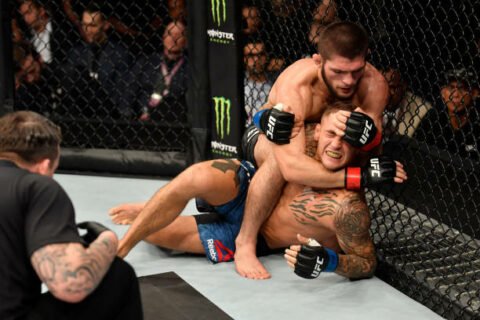
We all have our own strengths and weaknesses, and we get better by capitalizing on what we’re naturally gifted at, while sharpening our weaker areas. Comparing yourself is a lazy way of looking at martial arts and life. The variables getting a person to their current state are most likely much different from yours, so be kind to yourself and focus on you, and only you.
Injuries and Setbacks.
Sooner or later, I know that dreadful time will come when I’ll be out of training due to some nasty injury, but luckily I haven’t had to endure this… yet! When you can’t train due to a physical setback, how does one stay positive? It’s hard, man, and although I’ve not been through it, many prolific fighters talk about how injuries aren’t only physical torture, but mental too. One fighter said, “I’ve faced many opponents in the Octagon, but perhaps the toughest battles were the ones I fought within my own mind during the darkest days of injury. But every time I came back, I emerged stronger, not just physically, but mentally.”
Well, one way we can stop those dark thoughts from creeping in is by remembering that these setbacks, whether big or small, are opportunities for major redemption stories. “I’ve learned that setbacks aren’t failures; they’re opportunities for comebacks.” Jon Jones said that, and if you know even a little bit about his backstory, you’ll realize that comebacks are always possible.

“Time heals all wounds,” they say, but that’s a lot easier to forget in a moment of suffering. No matter how bad an injury is, you’ll heal, but what makes the process more difficult is the victim mindset. Saying things like “why me?” or “I would’ve improved so much if it wasn’t for this injury” helps no one. Life has a funny way of teaching you lessons, and every experience is a chance to use your newly found wisdom to better yourself.
To Conclude….
Martial arts isn’t for everyone; it takes a special type of person to start and stick with it. But the rewards are definitely worth every bit of sacrifice and struggle. So, train hard, and as Michael Chandler says, “I’ll see you at the top!”



 Subscribe
Subscribe



